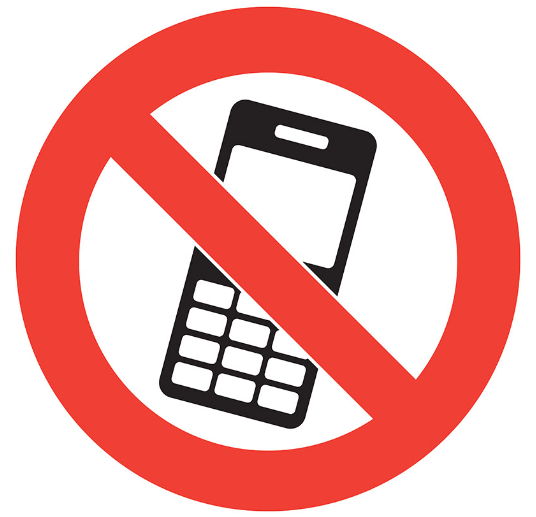Mobile phones are to be banned in schools with the government promising new guidance to tackle disruption and improve behaviour in classrooms.
The ban reflects the position in some schools already such as Longhill, in Brighton, under new head teacher Rachelle Otulakowski.
A number of other schools in Brighton and Hove do not stop pupils bringing in phones – but they are not allowed to use them during the school day.
The Department for Education said today (Monday 19 February): “New guidance issued today backs head teachers in prohibiting the use of mobile phones throughout the school day, including at break times.
“Many schools around the country are already prohibiting mobile phone use with great results. This guidance will ensure there is a consistent approach across all schools.
“By the age of 12, 97 per cent of children have their own mobile phone, according to Ofcom. Using mobile phones in schools can lead to online bullying, distraction and classroom disruption which, in turn, can lead to lost learning time.
“Last year, Unesco called for smartphones to be banned from schools as evidence showed (they were) linked to reduced educational performance and that excessive screen time had a negative impact on children’s wellbeing.
“Schools will be supported to prohibit mobile phone use with examples of different approaches including banning phones from the school premises, handing in phones on arrival at school and keeping phones securely locked away at school.
“The guidance will respond to concerns from parents about mobile phones, with the latest data from ParentKind’s National Parent Survey, revealing that 44 per cent of parents are concerned about the amount of time their children spend on electronic devices, rising to 50 per cent of parents of secondary school children.”
Education Secretary Gillian Keegan said: “Schools are places for children to learn and mobile phones are, at a minimum, an unwanted distraction in the classroom.
“We are giving our hard-working teachers the tools to take action to help improve behaviour and to allow them to do what they do best – teach.”
Technology Secretary Michelle Donelan said: “Growing up in today’s digital world provides immense opportunities but this should not come at the expense of our children’s wellbeing or education.
“That is why we have passed world-leading legislation to make the UK the safest place in the world for young people to be online.
“Today’s announcement will support parents and educators further, helping give the next generation the best chance to realise their potential.”
Lead behaviour adviser at the DfE Tom Bennett said: “Mobile phones may be ubiquitous but we have a strong and growing understanding of how damaging they can be for a child’s social and educational development. And it’s the least advantaged who suffer most.
“Many schools already have some kind of policy on phones but this guidance provides a clear steer for everyone, including parents, about what’s right and what’s not for the wellbeing of the child.
“Heads can know that they’ll be backed in their attempt to build safe and nurturing cultures and they’ll find advice about how to make schools a phone-free environment. And when that happens, everyone wins.”
But the Association of School and College Leaders said that it did not expect the new guidance to make any discernible impact.
General secretary Geoff Barton said that the “compulsive use” of devices was not happening in schools but “while children are out of school”.
He said: “Most schools already forbid the use of mobile phones during the school day or allow their use only in limited and stipulated circumstances.
“We have lost count of the number of times that ministers have now announced a crackdown on mobile phones in schools. It is a non-policy for a non-problem.
“The government would be far better off putting its energies into bringing to heel the online platforms via which children are able to access disturbing and extreme content.”







